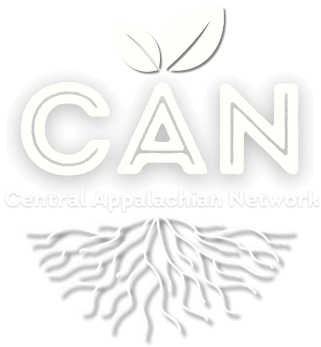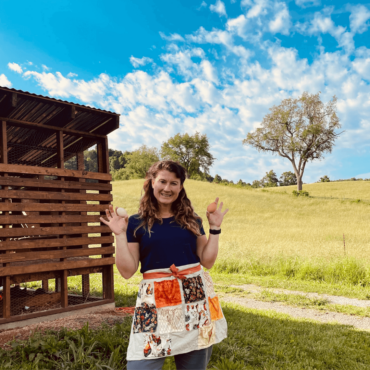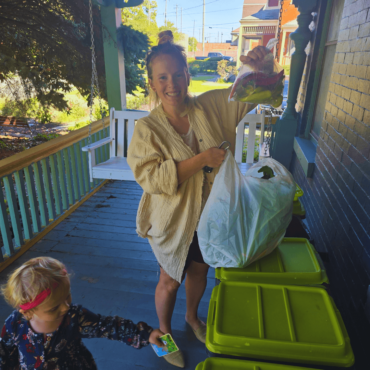This blog is a place to find and share stories and resources about economic transition and community economic development work in Appalachia. You’ll find everything from personal perspectives to research reports to informational webinars. You can also contribute stories or resources from your work that you think can benefit others.
Recent Blogs
CAN's New Workforce Working Group
We are excited to announce the formation of our Workforce Working Group (WWG). The WWG takes into account the workforce aspects that […]
Read More ›Wyndale Gardens - Feeding Schools & Community
“The genesis of our story is like many people’s, which was the start of the pandemic.” Rebecca and Scott Ramsey […]
Read More ›Fresh RX for Moms in Kentucky
Sandra Ballew Barnes, CAN participant and Fresh Rx Coordinator, shares about one of Community Farm Alliance’s (CFA) successful produce prescription […]
Read More ›


